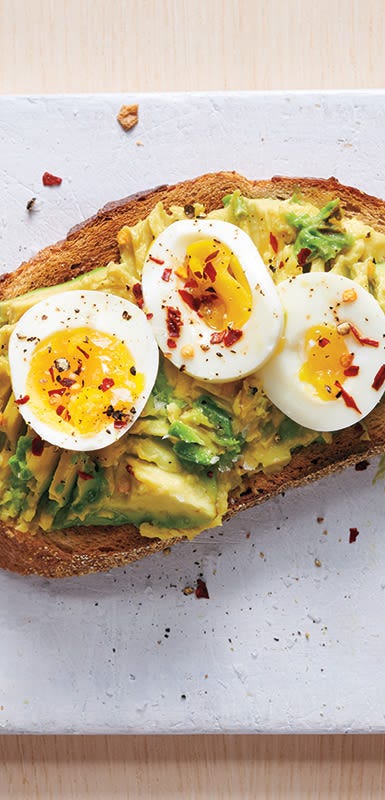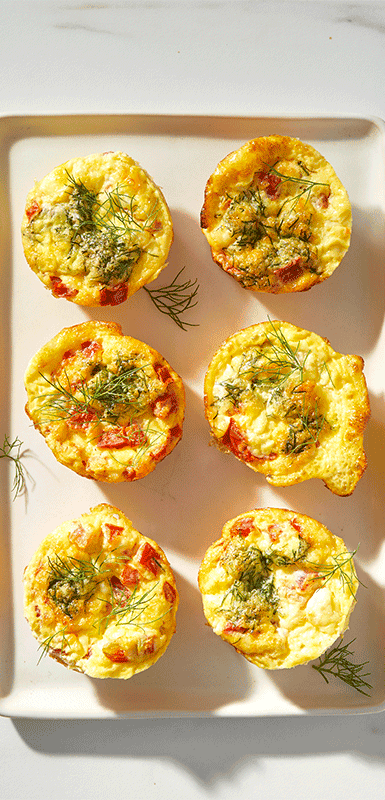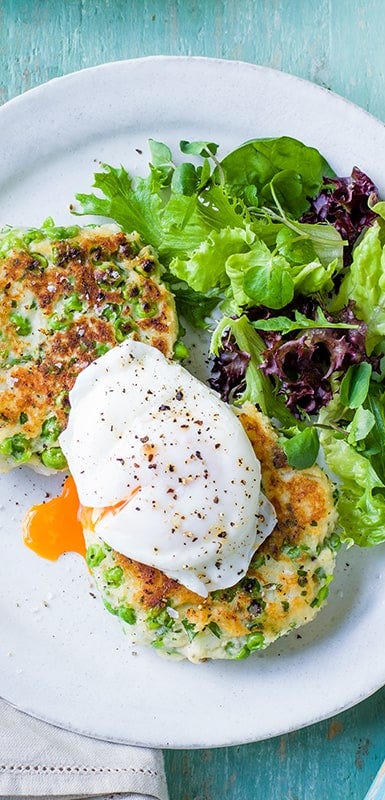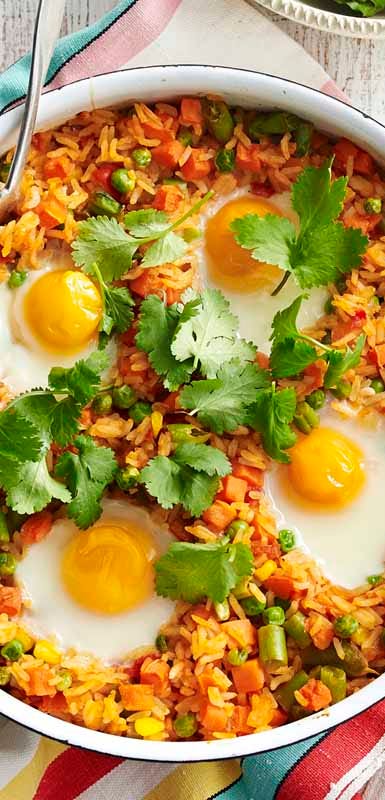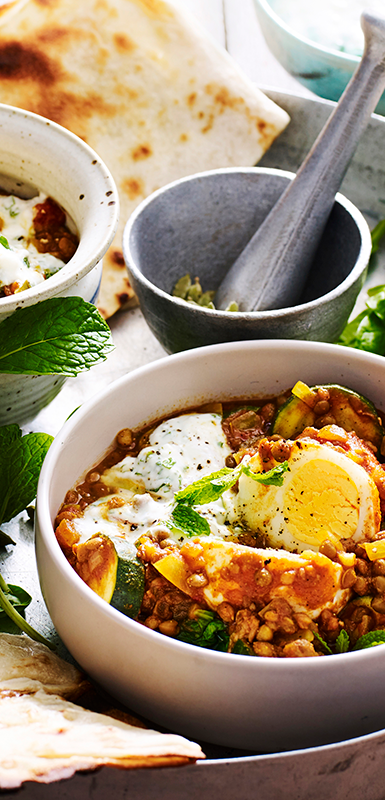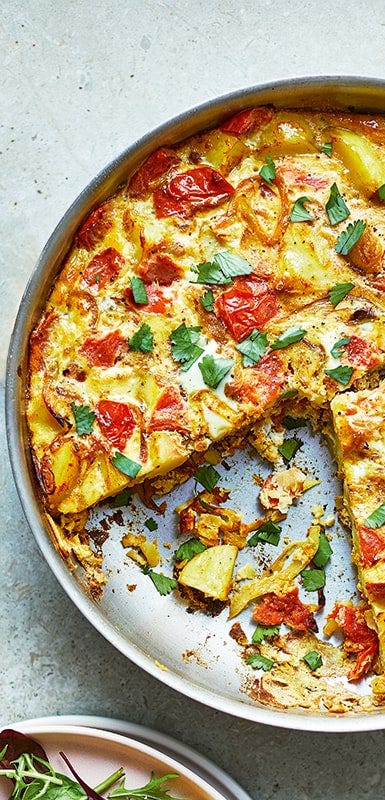ZeroPoint cheat sheet: Eggs
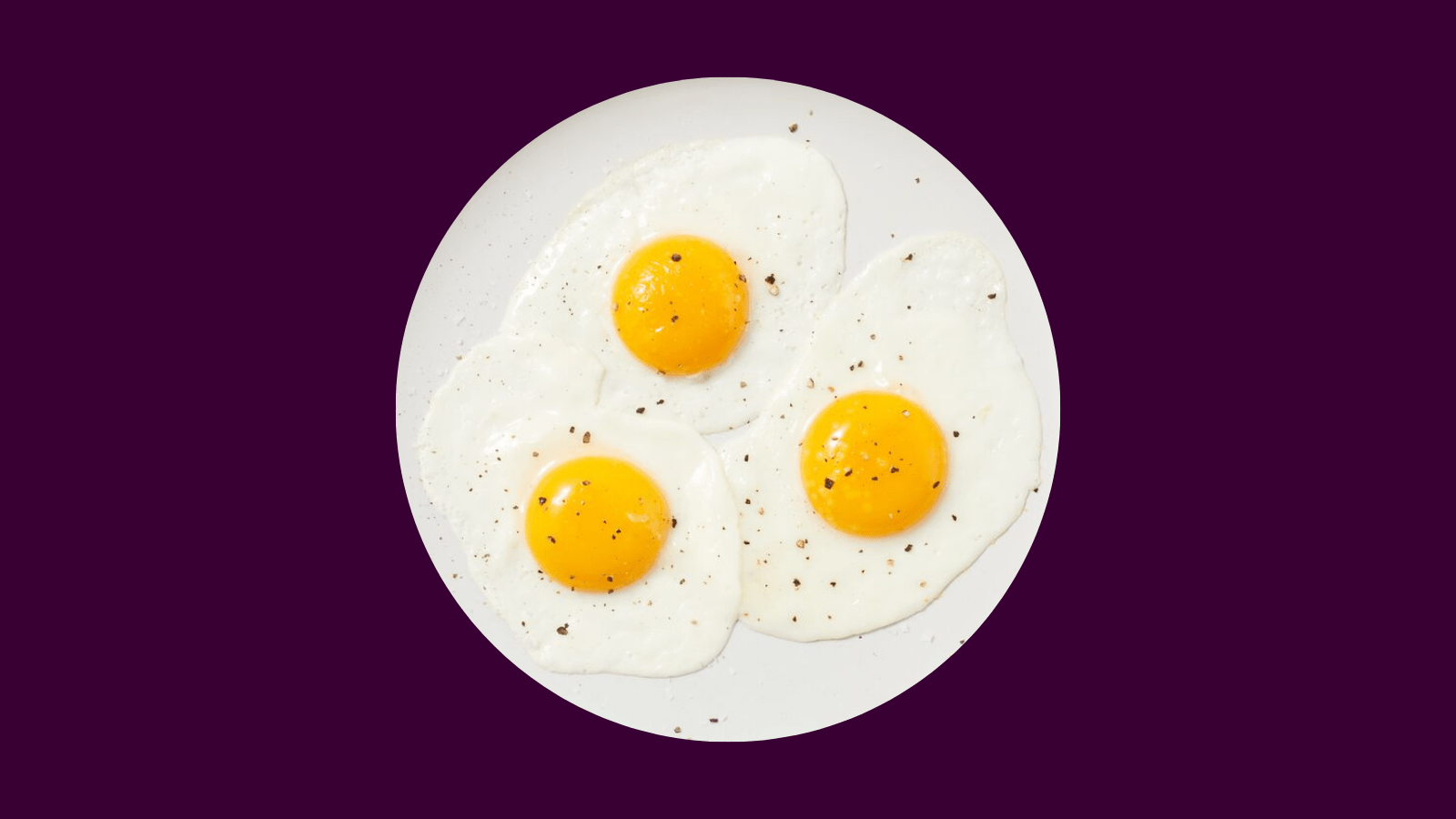

ZeroPoint foods are nutritional powerhouses that you can reach for frequently and consistently, without weighing, measuring, or tracking them. They were specifically chosen because they are nutrient-, vitamin-, and mineral-packed. Because of that, they’re recommended by national and international guidelines (including the World Health Organization) to be consumed often as part of a healthy pattern of eating.
Every WeightWatchers® member gets a list of ZeroPoint foods including: non-starchy veggies, fruit, eggs, yoghurt & cottage cheese, fish & shellfish, chicken & turkey breast, tofu & tempeh, corn & popcorn, beans, peas, & lentils and MORE.
Eggs are part of a healthy pattern of eating because they’re nutrient-dense and a good source of protein, which is important for bone and muscle health and helps you feel full longer. Eggs also contain choline, which is important for the brain and nervous system and plays an important role in creating cell membranes.
While “zero” usually means “nothing,” at WeightWatchers, ZeroPoint foods are everything! If eggs are a staple in your diet and you’ve got some questions, you’re in the right place. I don’t like the yolk.
Do I have to eat the whole egg?
Nope! If egg whites are your jam, that’s OK too. Whole eggs, egg whites, and egg yolks in any form are ZeroPoint foods, including:
- Eggs
- Egg whites
- Egg yolks
- Hard-boiled or soft-boiled eggs
- Fried or scrambled eggs, made without fat
- Liquid egg substitute, made from egg whites
If I make a ham and cheese omelette, for example, are the eggs still considered a ZeroPoint food?
Yes! It doesn’t matter what you cook your eggs with or in. Eggs are a ZeroPoint food so they do not have any Points values—even in a cake recipe. However other ingredients you’re adding to your eggs may have Points, so make sure to track them.
I'm worried about cholesterol. How does eating eggs impact my health?
Cholesterol isn’t all bad. In fact, we need it for important jobs like manufacturing vitamin D and hormones and keeping cells and tissues healthy. But LDL cholesterol—what most people consider the 'bad' kind—can build up in your arteries and raise your risk for heart disease. So how do certain ZeroPoint foods, like eggs and prawns, fit into a healthy diet?
Turns out, the notion that dietary cholesterol—the kind found in eggs, prawns and other animal proteins—can raise your body’s cholesterol is a myth. Your liver makes the bulk of it, so for most people, the amount you eat has little bearing on your heart health.
Is there a limit to the number of eggs I can eat?
Eggs are a good source of high quality protein and provide essential vitamins and minerals for a healthy diet. Six to seven eggs per week is the general recommendation, however this has more to do with aiming for variety in the protein sources you're getting rather than limiting your egg consumption. It’s best to eat eggs until you are satisfied but not stuffed.
Are eggs from chickens the only ZeroPoint eggs?
No. Duck, goose, quail, and turkey eggs are all ZeroPoint foods for the same reason chicken eggs are—they provide protein and other key nutrients, making them part of a pattern of healthy eating.
What can I add to my eggs that won’t add any Points?
Flavour up your eggs without using any of your Points by experimenting with hot sauces, salsas, soy sauce, spices, dried and fresh herbs or non-starchy vegetables. Use leftover grilled, roasted, or steamed non-starchy vegetables as ZeroPoint omelette fillings or scrambled-egg mix-ins.
Any other egg-related tips?
To figure out if your egg has gone bad or not, try the sink-or-swim test. Fill a tall glass halfway with cool water and add the questionable egg. If it sinks, it’s OK to eat. If it floats, best to toss it out.
Want to know the easiest way to remove the shell from a hard-boiled egg? Tap each and of the egg on your kitchen bench, then roll it over the benchtop on its side. From there, it’s a piece of cake to remove the shell.
*Members living with diabetes will have non-starchy veggies, eggs, fish & shellfish, chicken & turkey breast, tofu & tempeh, and beans, peas, & lentils on their ZeroPoint food list. These categories were carefully selected to consider the combination of carbohydrates, proteins, and fibre, and are less likely to impact blood sugar levels. (More information on the diabetes program)

